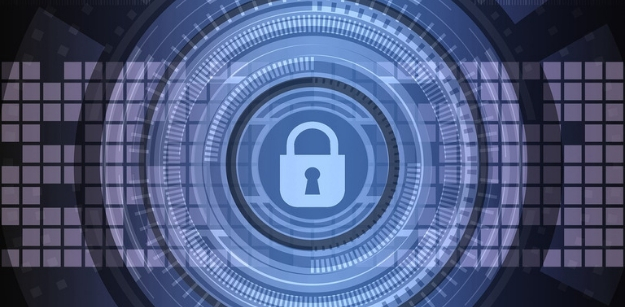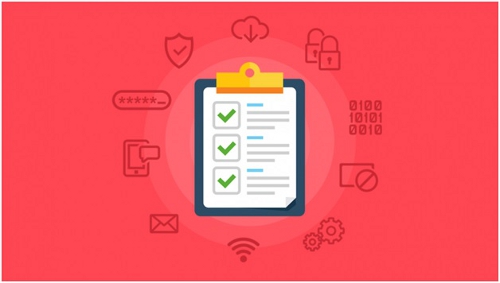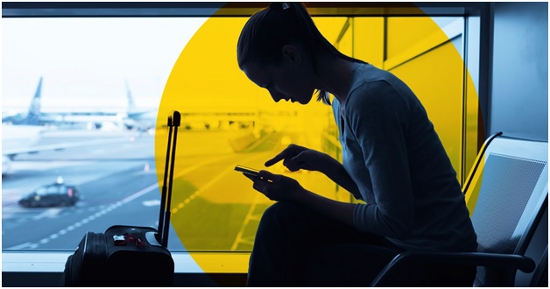The internet has fast evolved into a beehive of activity as virtually every corner of the world can now use and access this great service. As one tech. mogul once put it, the internet is the next town square. Well, this is already a reality as many businesses have turned digital. Amazon now ships its products to many countries in the world.

Entrepreneurs long learned about online shopping stores with the likes of Alibaba leading the fray. It boasts of being the largest commerce company online. Alibaba prides in its number of users that range in hundreds of millions who visit their site often to shop and make orders. It is pretty clear that any business or person not on the internet today have been overtaken by events and are obviously staring at extinction.
With the internet in our hands’ thanks to Smartphone manufacturing companies, the internet has more users now than ever before. This trend is bound to increase by the day as new users of Smartphones, tablets, and other smart gadgets continue to increase the world over.
The pertinent question at hand to ask is whether your online presence is putting you at the risk of cyber-attacks. Unlike the pre-Smartphone era, public Wi-Fi utilities have now mushroomed everywhere. With your Smartphone at hand, you can access a public Wi-Fi almost anywhere including hotels, pubs, and passenger serving vehicles. Who knows maybe public latrines have a Wi-Fi facility too.
Social Media

At the beginning of 2006, Facebook, the social networking service took the internet by storm. It revolutionized the interaction of people via the internet. Back then, you would never have imagined having a real-time chat with a person thousands of miles away over the internet. Such a platform had never existed before. People can now communicate easily with long-distance friends over the internet. Gone are the day’s people used to exchange letters as pen pals. It wasn’t long before other social media platforms started getting attention. Social platforms such as the now dead 2go, WhatsApp, Instagram emerged.
With this paradigm shift in the way of communication, it’s safe to say that even kids born in this era are just a few months away into social media platforms. Indeed, the traffic on the internet now is like a gushing waterfall and with such traffic,danger lurks in myriad ways. Potential online security threats are on the rise as hackers and spammers look for ingenious ways to cash in on the ignorant.
How do you keep safe online?

As the common saying goes –Security starts with you. To keep your data safe online, you have to put in place measures that will grant security to your personal data. While these measures do not give you security 100%, they provide you with the essential protection against hackers and other forms of cybercrime. Some measures that you can undertake to protect your security online include:
• Avoiding sites that don’t look legitimate
• Logging out of sites you no longer use in a personal or public computer
• Logging out of banking and shopping sites immediately after use
• Avoiding suspicious email attachments
• Making personal information on social media profiles private
• Clearing your browsing history to prevent other sites accessing your cookies
Public Wi-Fi Utilities

Given the social media excitement among the teenagers and youth, many care less about their security online than their online presence. Public Wi-Fi utilities are now on the rise and pose a great danger to those ignorant of the online risks they could be exposing themselves too.
Most public Wi-Fi networks are not secure. By you accessing the internet through them, you give hackers the opportunity to hack and get access to your personal data. To keep yourself secure online, ensure to use a private network or you could easily employ the services of a virtual private network.
VPN: What is it?
VPN is the short form for a virtual private network. It’s a piece of software that you can download on the device you use to connect to the internet. VPN functions to make your connection secure online in the event you use a Wi-Fi connection that is not secure. VPN service providers offer a wide range of protocols that come with different security features. Some of these services are given out freely. You may want to check for these Best VPN and get to sample some of the best free VPNs.
A VPN works by concealing your original identity online, including your location. Without a VPN, your connection is not protected and that means your personal data is open to other online users. However, if you use this software it encrypts your raw data and makes it only machine-readable before directing it to the server you are browsing into.
Your location is also spoofed. For instance, a computer user in Ohio maybe seen to operate from Atlanta, Georgia.
Precautions

Before you go into acquiring a VPN service for your online safety and privacy, ensure to do a background check of the different VPN protocols offered as not all will guarantee you the security you need. Some of the VPN protocols include:
• Layer 2 Tunnelling Protocol
• Secure sockets layer
• Point to point tunnelling protocol
• Transport layer security
Some providers package these protocols together to supplement their unique features and improve their security strength. With hundreds of VPNs services offered, both paid and non-paid, it becomes difficult to choose what is best. However, doing a scrutiny of the service offered makes all the difference.
Conclusion
The earth is not the safest place to be in. More unsafe is the internet that connects millions of users daily to the World Wide Web. This gives you a reason to be wary of your privacy and security when online. Security starts with you and one of the many measures you can take to ensure your security is buying or acquiring a VPN for your Smartphone or laptop. Better safe than sorry.



